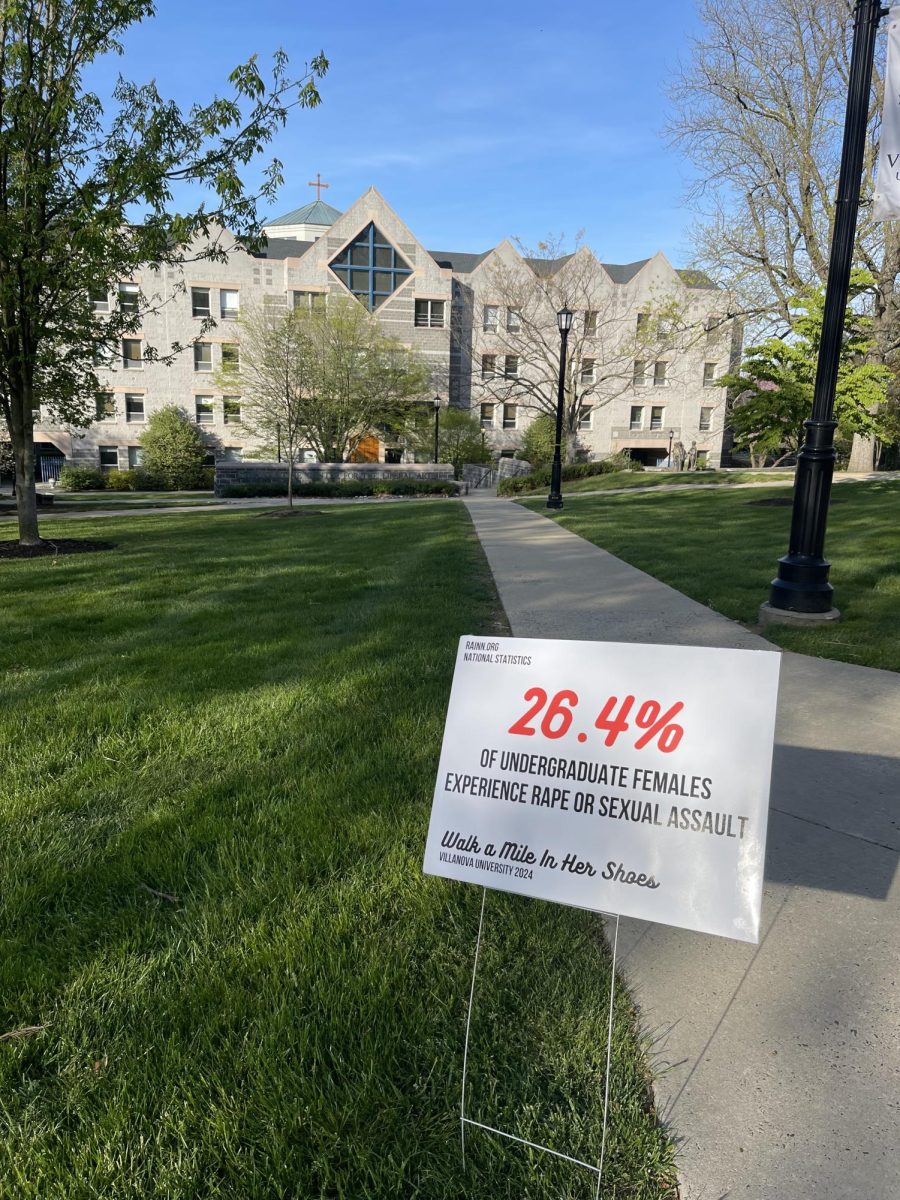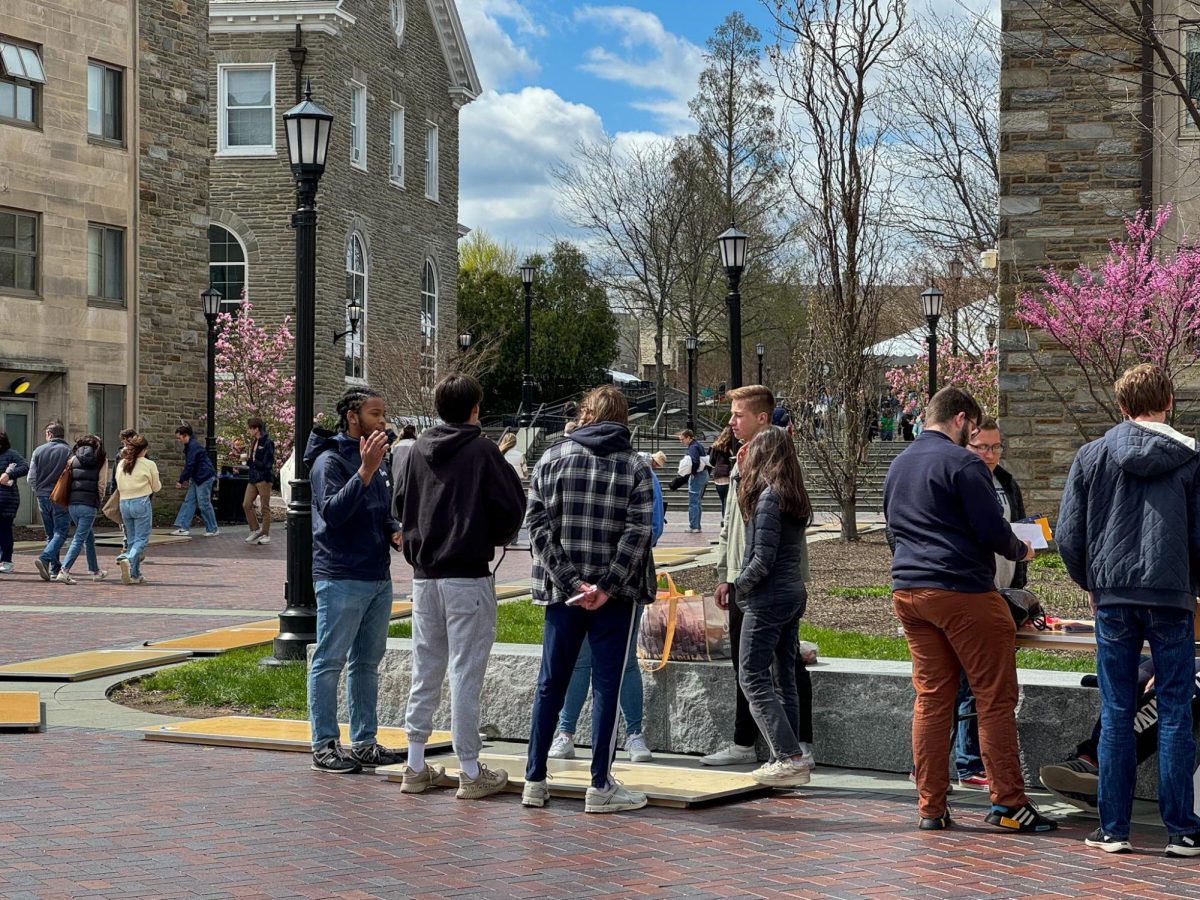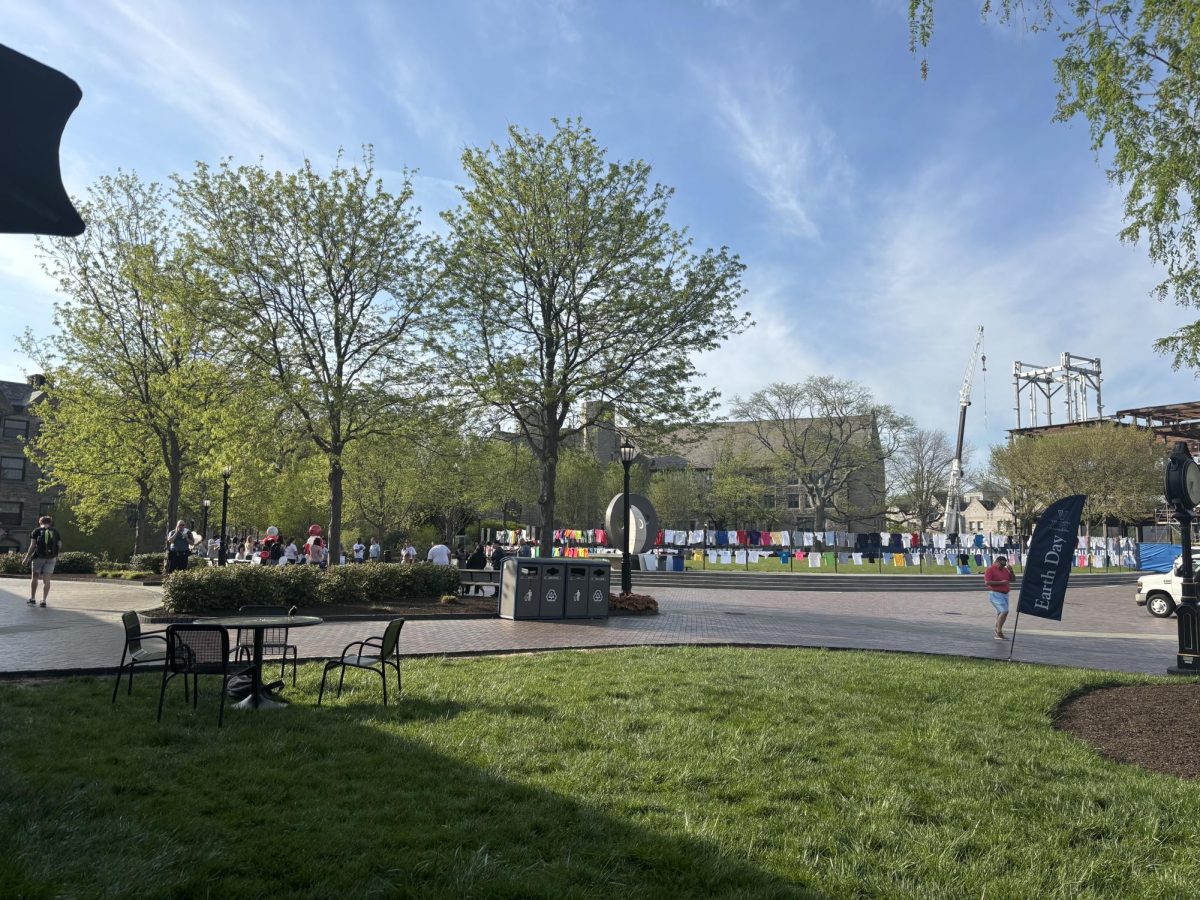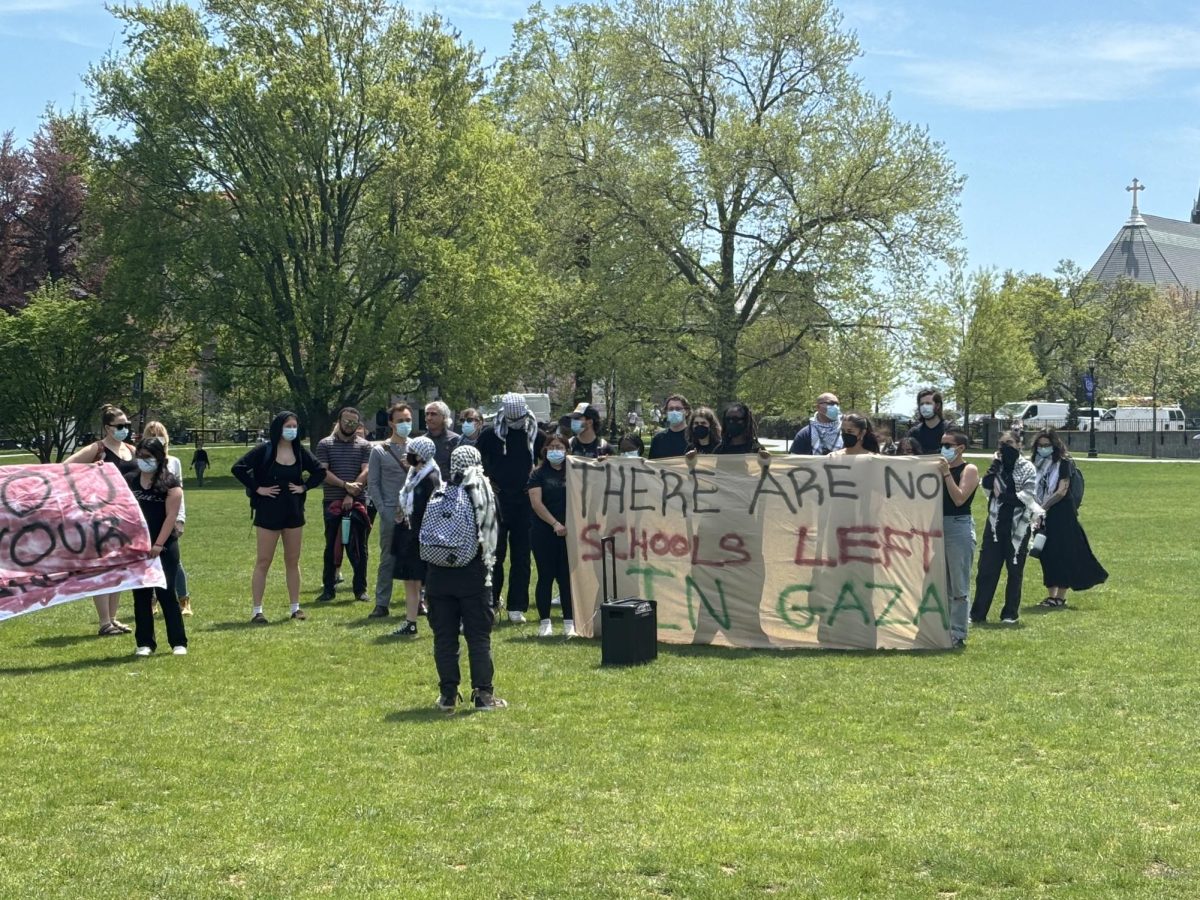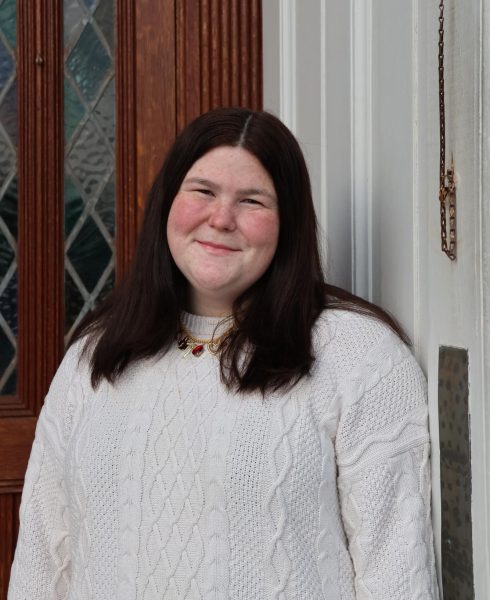Content Warning: this article speaks on Sexual Violence and Awareness on Villanova’s campus. For any concerns or reports please contact Ryan Rost at the Title IX office, located in Tolentine 207.
Sexual assault is not something anyone wants to have to be aware of on a college campus. College is meant to be fun and exciting, yet the unfortunate reality is that these cases do occur, both here at Villanova and at institutions around the world.
At Villanova, there is a multitude of on-campus organizations aimed at spreading awareness and prevention regarding sexual assault. SAPA, Villanova’s Sexual Assault Prevention and Awareness organization, works closely with the Title IX office to give students resources and inform others on what to look for when it comes to signs of sexual misconduct.
Junior Katie Contey is the President of SAPA this school year.
“SAPA was created to really inform our peers and let them know the resources that we have on campus, because as much as you want to think, that it is something that doesn’t happen, sexual assault is something that happens all over the country in college campuses,” Contey said. “It’s so important to have a student organization for students to be able to connect and just know that there are student faces trying to lead a movement here. That’s not just the Title IX office, but that there are students who can relate to you and can understand you that are trying to spread awareness about.”
The Title IX Coordinator at Villanova is Ryan Rost. Working alongside on-campus organizations such as SAPA, as well as the University and outside support groups, Rost aims to ensure that all cases of sexual violence are dealt with accordingly and in the manner that the individual coming forward wants to handle the issue.
“Coming into our office does not immediately initiate a full-fledged process or investigation,” Rost said. “There are many people who at that moment are more interested in supporting resources.”
However, the Title IX Office does provide resources and reasonable accommodations for those who do choose to go down that path. The office can issue no-contact orders, help start investigations and provide additional resources for individuals both on and off-campus.
It is also important to note that cases brought to the Villanova Title IX office do not have to have occurred on Villanova’s property with Villanova students. Last year, 44% of the cases brought forth to the office were incidents that did not include another member of the Villanova community. They may have even occurred before the student was at Villanova, such as in high school or before.
“If You’re Reading This ‘Nova,” also referred to as IYRTN, is another on-campus organization committed to breaking the stigma around speaking up about cases of sexual violence and mental health. The organization is known for being a supportive group that allows others to come forward and share their story.
“The messages shared within our organization have the power to bring a lot of awareness to topics that may be difficult to address,” President of IYRTN Sophia Crossan said. “Our authors share intensely personal experiences and in doing so it gives readers the opportunity to connect with them and realize that they are not alone. Reading other people’s stories also highlights the strength that’s present within the Villanova community. So many people have gone through something and seeing what they have to share is a beautiful representation of their resilience and strength.”
Sexual violence is unfortunately a reality on Villanova’s campus, but with the help of Title IX, and organizations such as SAPA and IYRTN, prevention and awareness are being spread across campus and throughout the Villanova community.

